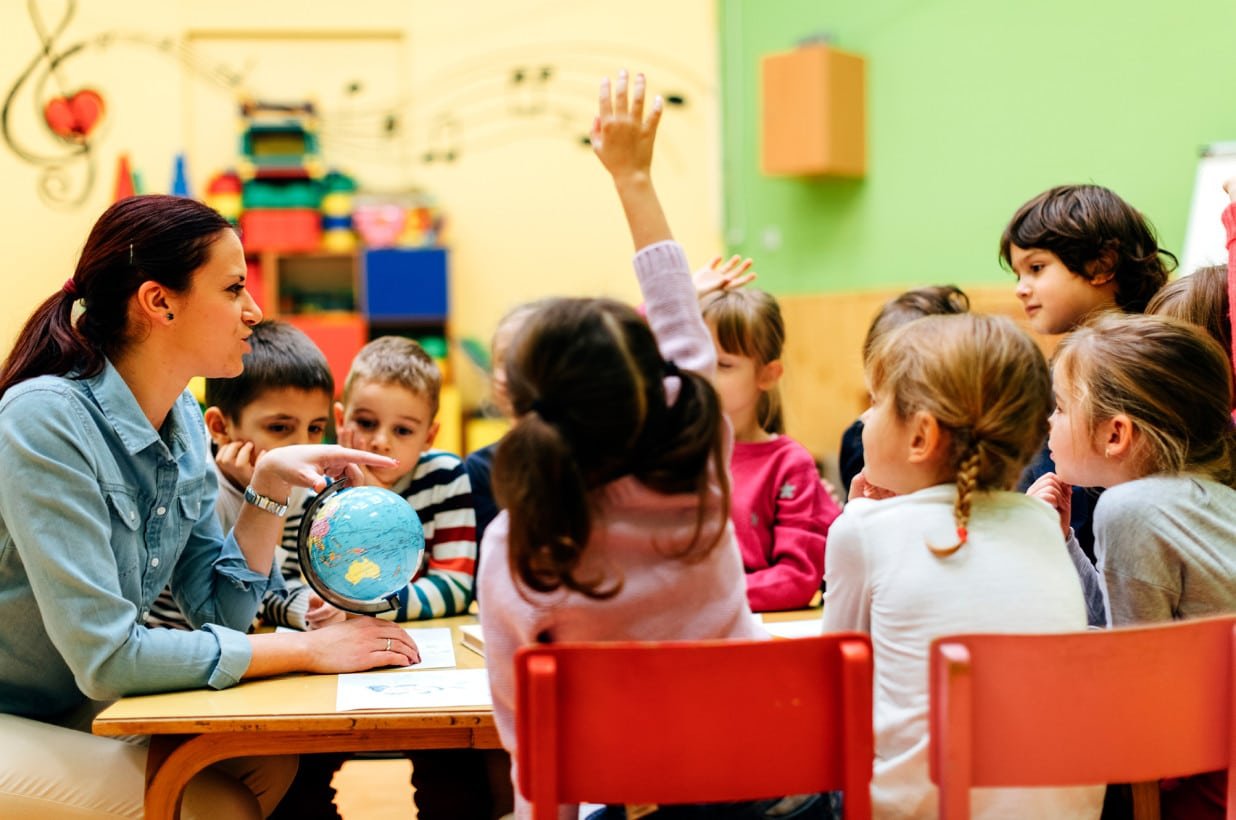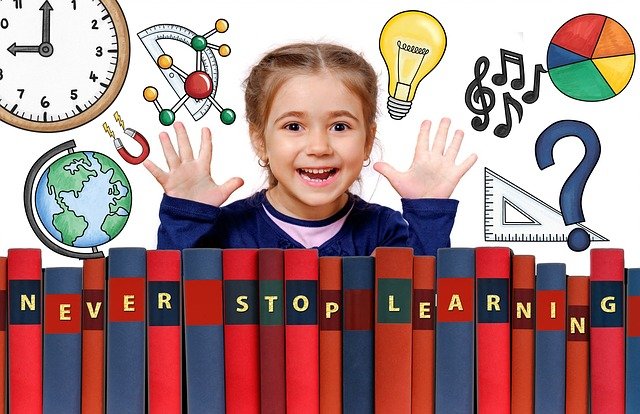In a study recently published on the journal Early Childhood Research Quarterly, researchers concluded that teachers these days are underestimating kids’ intelligence. In the classroom, they are given tasks that they can easily do or asked questions whose answers are easy to give.
Knowing that reading to young children is one of the fundamental things that parents and teachers can do to boost learning, experts used this as basis for the study.

Ohio State University educational psychology professor Laura Justice, one of the study authors, revealed that they observed 96 preschool teachers interacting with their students throughout the Midwestern and Southern US schools.
The teachers were instructed to read a 25-page story book to the children, then do whatever it is that they usually do after reading to their students.

Photo credit: NY Post
Researchers found out that though the teachers read the book to the children, only 24% of their commentary or follow up questions asked the kids to talk about the story. And when they did, the questions were too easy to answer.
“We don’t want to ask all difficult questions,” Justice declared. “But we should be coaxing children along cognitively and linguistically by occasionally offering challenging questions.”
Based on their observations, the teachers asked ‘dumbed down’ questions that are answerable by “yes” or “no”; such as showing the kids a picture and asking, “Does he look happy?” This happened 52% of the time.

The other 48% were questions that teachers call as “how-procedural” questions, making the children recall the events of the story using “what” and “why” questions.
“When the teachers asked these more sophisticated how-procedural questions, the children would give more elaborate and complex answers. Those are the kind of questions we need more of,” Justice explained.
But such questions often make the kids give the wrong answers! Yet Justice explained that giving the wrong answer is actually alright because it is more important for the kids to learn about the thinking process instead of just getting the correct answers. This is a very important part of learning.
“There should be teachable moments where teachers can help their students learn something new. You have a conversation that is conceptually challenging for the child, because that is going to push their development forward,” the study recommended.
“When kids get 85 percent of the questions right, that means the questions the teacher is asking are too easy.”
Although they are still young, Justice recommends that the teachers should ask higher concepts to ponder. This will encourage them to stretch their imagination.

According to the study, a good question would be something like, “How do you think this book will end?”
“You can see how a question like that is going to evoke a complex response. With some practice and reflection, we can change how we talk with children during shared reading and help them develop stronger language and reading skills,” Justice added.
Indeed, the question would lead to kids giving different answers – and these might not be the ‘correct’ answers based on the story, but by using their imaginations, they learn more than if they were asked ‘dumbed down’ questions that they could answer so easily.



